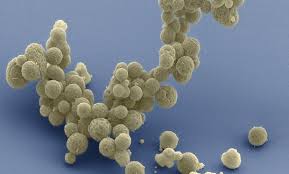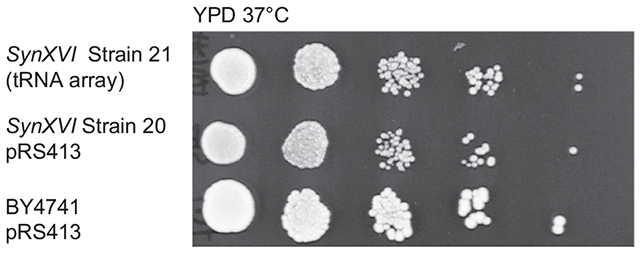
Breaking News
 Trump Says US 'Starting to Talk to Cuba'
Trump Says US 'Starting to Talk to Cuba'
 Explosive update on anonymous 2019 4Chan post claiming Epstein was 'switched out'…
Explosive update on anonymous 2019 4Chan post claiming Epstein was 'switched out'…
 Does Trump's appointment of Kevin Warsh Signal an approaching financial crisis?
Does Trump's appointment of Kevin Warsh Signal an approaching financial crisis?
 Nicki Minaj Goes Scorched Earth On 'Satanic' Grammys: 'Your Favorite Artist Kills Babies
Nicki Minaj Goes Scorched Earth On 'Satanic' Grammys: 'Your Favorite Artist Kills Babies
Top Tech News
 Critical Linux Warning: 800,000 Devices Are EXPOSED
Critical Linux Warning: 800,000 Devices Are EXPOSED
 'Brave New World': IVF Company's Eugenics Tool Lets Couples Pick 'Best' Baby, Di
'Brave New World': IVF Company's Eugenics Tool Lets Couples Pick 'Best' Baby, Di
 The smartphone just fired a warning shot at the camera industry.
The smartphone just fired a warning shot at the camera industry.
 A revolutionary breakthrough in dental science is changing how we fight tooth decay
A revolutionary breakthrough in dental science is changing how we fight tooth decay
 Docan Energy "Panda": 32kWh for $2,530!
Docan Energy "Panda": 32kWh for $2,530!
 Rugged phone with multi-day battery life doubles as a 1080p projector
Rugged phone with multi-day battery life doubles as a 1080p projector
 4 Sisters Invent Electric Tractor with Mom and Dad and it's Selling in 5 Countries
4 Sisters Invent Electric Tractor with Mom and Dad and it's Selling in 5 Countries
 Lab–grown LIFE takes a major step forward – as scientists use AI to create a virus never seen be
Lab–grown LIFE takes a major step forward – as scientists use AI to create a virus never seen be
 New Electric 'Donut Motor' Makes 856 HP but Weighs Just 88 Pounds
New Electric 'Donut Motor' Makes 856 HP but Weighs Just 88 Pounds
 Donut Lab Says It Cracked Solid-State Batteries. Experts Have Questions.
Donut Lab Says It Cracked Solid-State Batteries. Experts Have Questions.
Scientists Just Achieved a Major Milestone in Creating Synthetic Life

The researchers, led by a team from Macquarie University in Australia, chose yeast as a way to demonstrate the potential for producing foodstuffs that could survive the rigors of a changing climate or widespread disease.
It's the first time a synthetic eukaryotic genome has been constructed in full, following on from successes with simpler bacteria organisms. It's a proof-of-concept for how more complex organisms, like food crops, could be synthesized by scientists.

Scientists manipulated SynXVI to get yeast growing at elevated temperatures. (Goold et al., Nature Communications, 2025)



